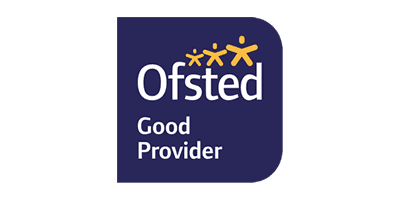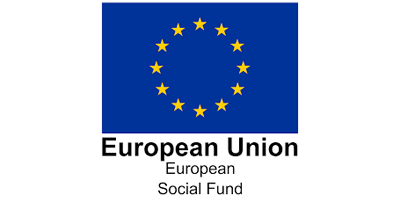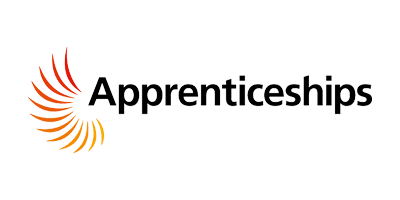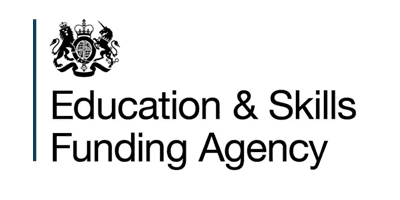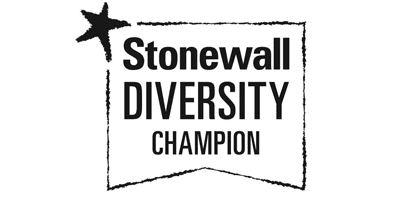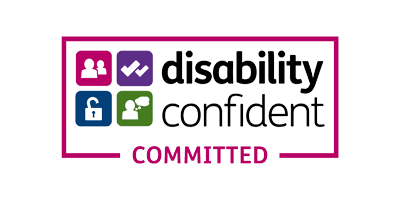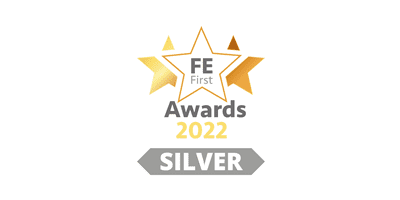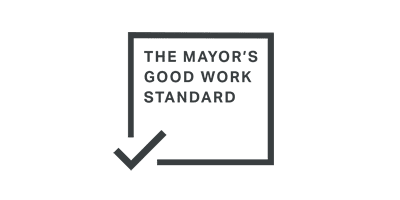Tag: black history month
Students shared their views on tackling racism with a black Metropolitan Police officer during a series of events at Capital City College Group (CCCG) to mark Black History Month.
Inspector Chris Excell, who has served the Met for 15 years, was among the guests invited to give talks to students at the College of Haringey, Enfield and North East London (CONEL).
Insp Excell shared his experience of being a black police officer, a brief history of black police officers in Britain and his role as the Chair of the Black Police Association at the Met.
Students at CONEL also heard from Corporal Nyerere St John who spoke about being a black soldier in the British Army and gave his advice on careers in the Armed Forces.
There were also talks and presentations on black history, the slave trade, Marie Seacole, black Olympians, black footballers, black scientists and inventors, black hair and beauty, black music and the screening of a documentary on the Windrush generation.
City and Islington College (CANDI) hosted a Chat and Chillax session where students took part in a discussion about Black History Month, what it means to them, why it is important and ways to tackle racism in society.
Students also participated in workshops where they wrote positive affirmations to promote more tolerance in society on leaf-shaped pieces of paper that were then stuck to a large picture of a ‘tree of hope’ for their peers to read.
Among the uplifting messages placed on the tree were ‘Everyone is allowed to live freely’, ‘Respect each other’, ‘Love each other’ and ‘Educate ourselves and others.’
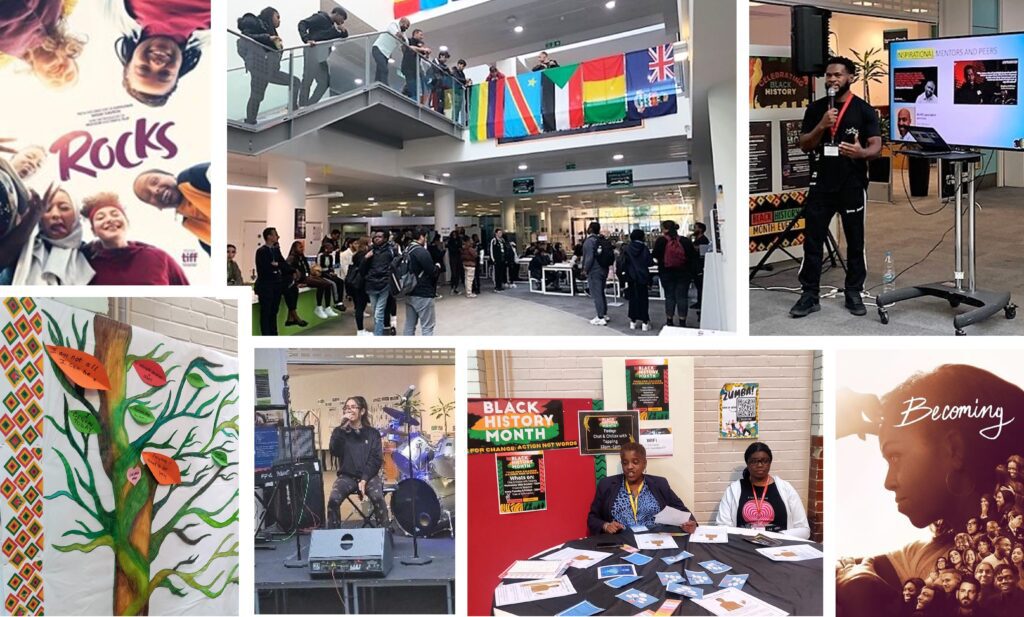
The atrium at Westminster Kingsway College’s King’s Cross Centre was adorned with flags from countries around the world to represent the diversity of its staff and students.
Students heard talks from guest speakers from BAME backgrounds including entrepreneur Tlwalola Ogunles, youth mentor Luke Malillah, actor and presenter Jordan Kensington, social mobility advocate Kevin Osei, property investor TJ Atkinson and WestKing administrator Lorna Blackman.
They were also encouraged to read books by black authors in the college’s Learning Resource Centre including Noughts and Crosses by Malorie Blackman, Queenie by Candice Carty-Williams and Slay in Your Lane by Elizabeth Yomi Adegoke and Elizabeth Uviebinené.
There were screenings off Becoming, the documentary on life of former US First Lady Michelle Obama, and Rocks, a drama about a black teenage girl and her brother in Hackney whose mum abandons them, forcing them to try and avoid being taken into social care.
Music students also put on live performances of their own songs inspired by black music.
CCCG runs many enrichment activities across its three colleges for students personal and professional development. Find out more about Student Life at CONEL here.
To mark Black History Month this October, Jacqueline Dyett, Head of School for Business, Accounting and Travel and Tourism, shares her experiences of life as a black person and what can be done to eradicate racism in society and make colleges more inclusive.
Tell us about your background.
I was born in the Eastern Caribbean on the island of Montserrat, a British Overseas Territory, and migrated to the United Kingdom after the eruption of the Soufriere Hills Volcano in the late 1990s.
Is Black History Month important to you?
I have mixed feelings about Black History Month. Although it is good to take time to reflect on the contributions of African and Caribbean communities to the UK, it saddens me that we still have to rely on a month to do so, after which these contributions are quickly forgotten until the next year. It seems to be a never-ending cycle where the inequalities faced by our backgrounds persist in everyday life. I look forward to the day when black history is integrated into the social, moral and educational fabric of today’s society.
What was it like for you growing up as a black person?
My experiences were eye openers of the wider societal issue of race and ethnic identity and only served to strengthen my resolve and character. It made me more determined to be successful in the UK regardless of my background. I have benefited academically from my migration to the UK and have enhanced my career as a result of the positive experiences I have had. I continue to be optimistic regardless of the challenges my ethnic background brings. It gives me hope seeing the many encouraging changes over the years.
Tell us about a time when you have experienced racism.
I led a relatively sheltered life growing up in Montserrat and was not subjected to racism until I went to Vancouver in British Columbia to study Marketing in my early 20s. I distinctly remember boarding a bus and taking a seat next to a passenger who then immediately got up and took another seat at the rear of the bus. This left me feeling very uncomfortable at the time. I was also the only black female West Indian student in my class, and this made for a number of very difficult moments while trying to fit in and be accepted.
How much has society changed in its attitudes to race since you were younger?
There are more black people in positions of leadership and people tend generally to be less openly racist. However, I feel that attitudes to race have simply mutated into various forms, which are now more entrenched institutionally and so less visible and more difficult to eradicate.
Who are your black heroes and role models and why?
My inspirations over the years came from not one person but many people such as Maya Angelou, Michelle Obama and a former Canadian tutor of mine named John Porteous who started me on my accounting journey, as well as my parents and two former managers. Michelle Obama is a strong, black woman, passionate about changing the world and the fate of everyone, as was Maya Angelou.
What can be done to stop racism in our society?
I agree with Michelle Obama when she stated that “race and racism is a reality that so many of us grow up learning to just deal with. It’s up to all of us – black, white, everyone, no matter how well-meaning we think we might be, to do the honest, uncomfortable work of rooting it out.” I would like to see black history included in the wider national curriculum in all state and public schools. Perhaps then, we will not require a Black History Month.
How can the further education sector become more racially inclusive?
The FE sector is well placed to become more racially inclusive as we have such diverse classrooms. At our School of Business, Accounting and Travel and Tourism, students are taught by staff who they can identify with and relate to, which enables them to feel part of the curriculum and aspire. Our students are today’s workforce, and we need to do our best to enrich their lives no matter what their backgrounds, so that they can individually fulfil their potential.

